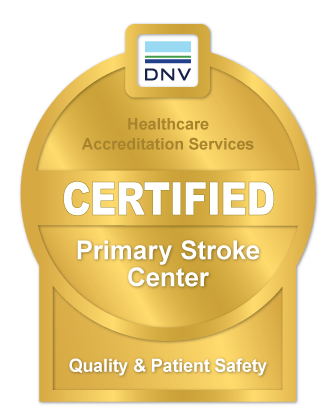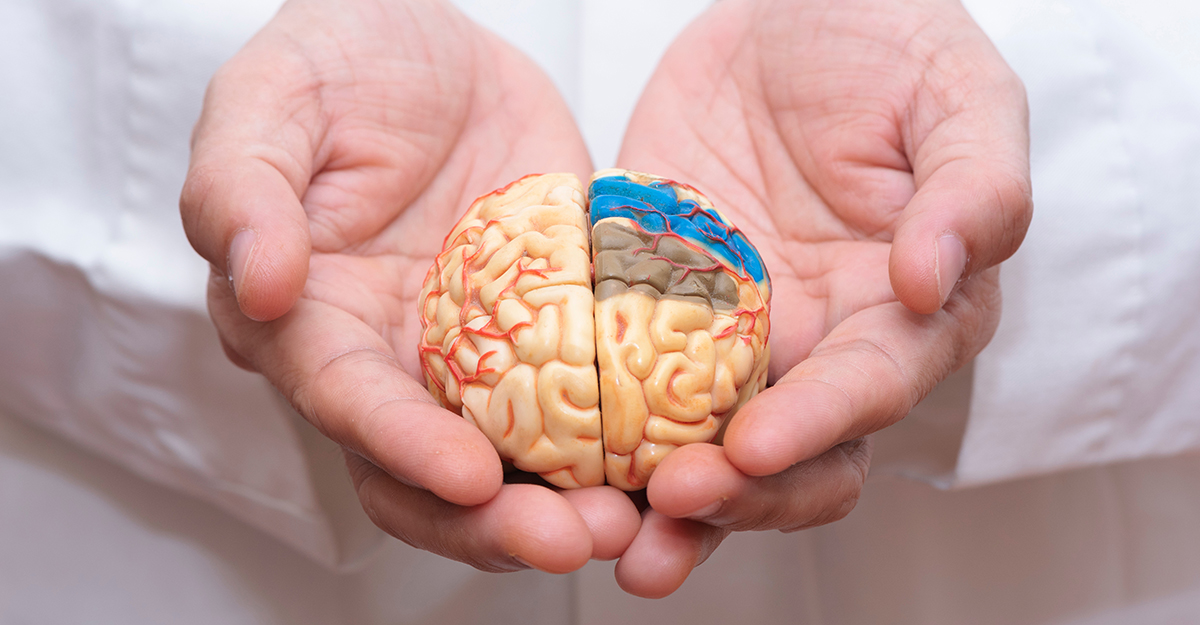World-Class Stroke Care Close to Home
Our expert team is always on call. Stroke patients have immediate access to providers with specialized training in emergency, radiology, neurology, neurosurgery, critical care, pharmacy, laboratory, respiratory, care coordination, rehabilitation, nutrition, and other experts who work together as a team to provide superior holistic care.
The Elliot stroke program is an important part of a larger system of care. Our partners include emergency medical services (EMS), outpatient practices, specialists, rehabilitation facilities, home care services, and stroke centers across the region.
 DNV Primary Stroke Center Certification
DNV Primary Stroke Center Certification
Elliot Hospital received certification from DNV as a Primary Stroke Center, affirming the hospital’s readiness to handle a full range of stroke-related medical problems. The DNV Primary Stroke Center Certification is based on standards set forth by the Brain Attack Coalition and the American Stroke Association and affirms that Elliot Hospital addresses the full spectrum of stroke care – diagnosis, treatment, rehabilitation and education – and establishes clear metrics to evaluate outcomes.


 DNV Primary Stroke Center Certification
DNV Primary Stroke Center Certification